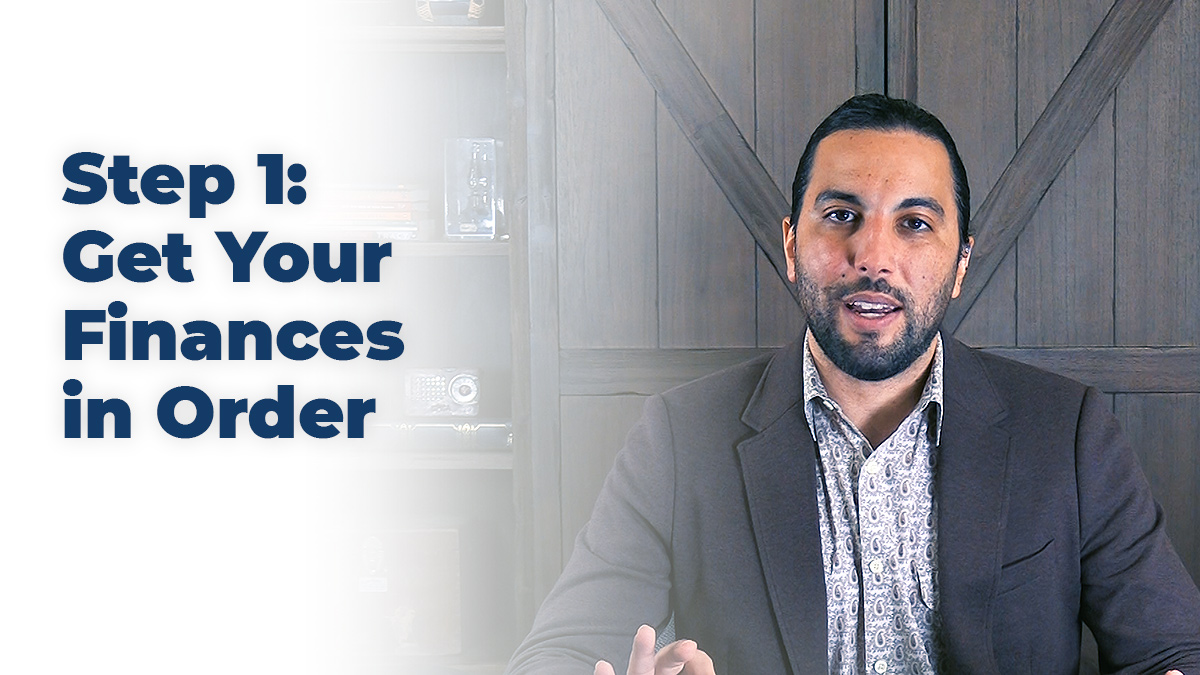
Sure, scrolling through listing sites and fantasizing about the home of your dreams is probably more fun than taking a close look at your financial situation, but skipping this first step is a recipe for disaster. You need to be confident that you’re financially ready before you commit to the biggest purchase you’ll ever make. Asking yourself a few essential questions will help.
How much money do you need to buy a house?
When you buy a home, you become your own landlord. While that does mean you can paint your walls any color you want, it also means you’re responsible for any repairs. A broken water heater or furnace repair can cost thousands of dollars. And the costs for even minor fixes like replacing the garbage disposal or re-caulking the windows can really add up. If you don’t have a savings cushion to fall on, you might have to give up streaming services, eating out, and other luxuries in your budget to cover them.
You’re also going to need your savings for a down payment in order to get a mortgage. Twenty percent of the home purchase price is ideal, though some programs require less. If you’re looking at $300,000 properties, ideally you’ll want a 20% down payment of $60,000. Home purchases require the payment of closing costs and prepaid property taxes and insurance as well. And depending on the distance you’re traveling to your new home, moving expenses can be anywhere from a few hundred to thousands of dollars.
What does your credit score have to be to buy a house?
Your credit score is a number that depicts your creditworthiness. It’s based on your credit history including the number of accounts you have open, how much you owe, late payments, and other factors. Credit scores range between 300 and 850, and the higher the number, the better you look to lenders. If you haven’t checked your credit score in a while, now is the time to do so! Some banks and credit card companies offer their customers free access to their credit score. If yours doesn’t, you can get a free credit report, once every 12 months, directly from one of the three major credit reporting bureaus. Or you can get an idea of your score from a free online service.
Credit that is in less than tip-top shape doesn’t always disqualify you from buying a home. However, mortgage interest rates go down as credit scores go up. You’ll need a score of at least 700 to qualify for better interest rates and a score of 740 or above to land the best deals. If yours is lower, and you have enough savings, you may want to look at paying down credit card balances to gain a few points.
